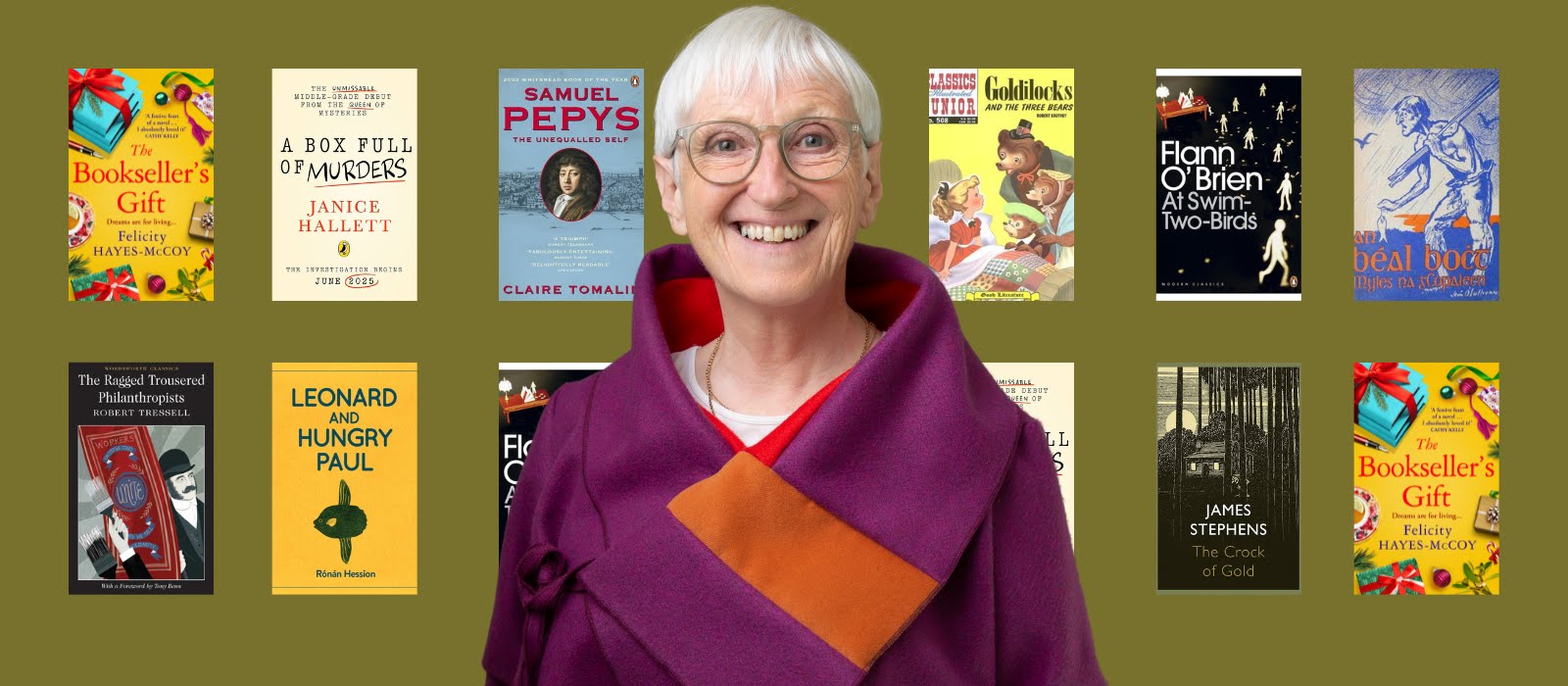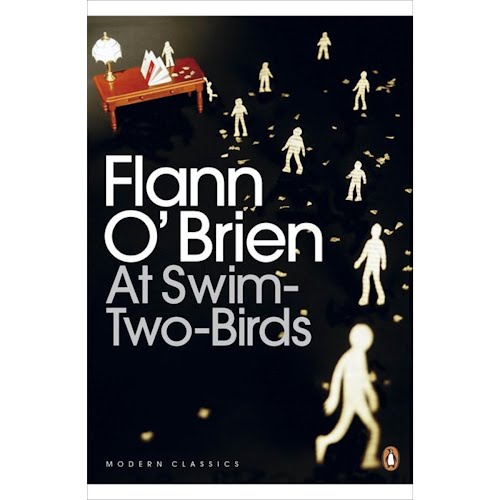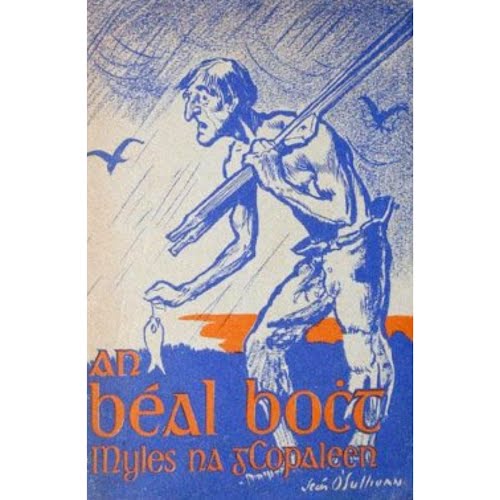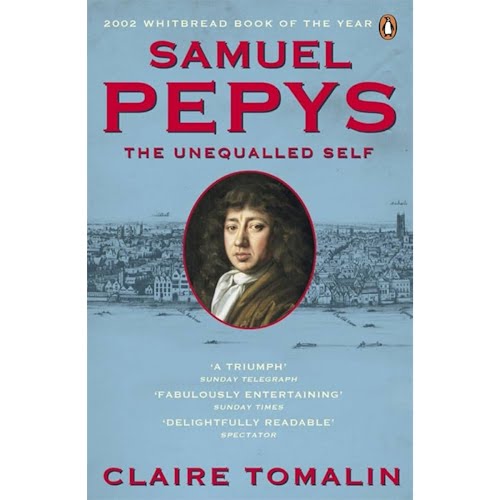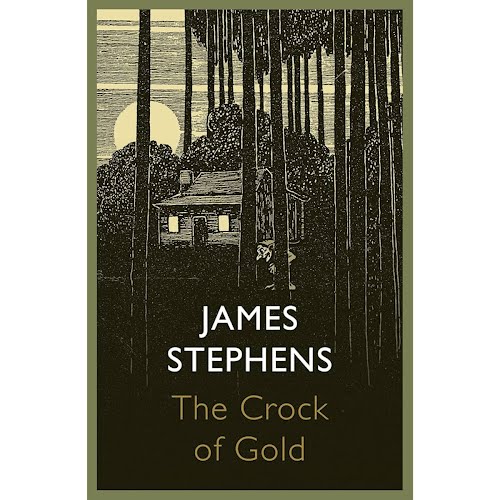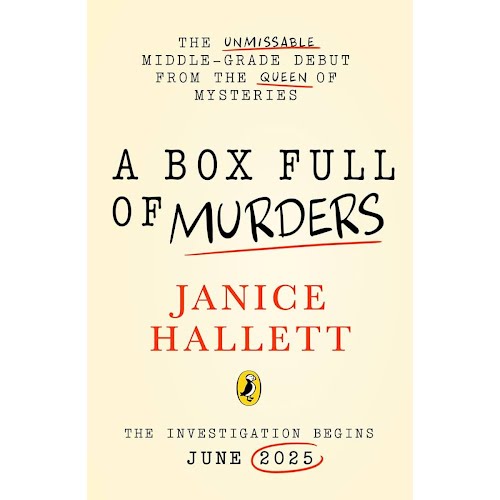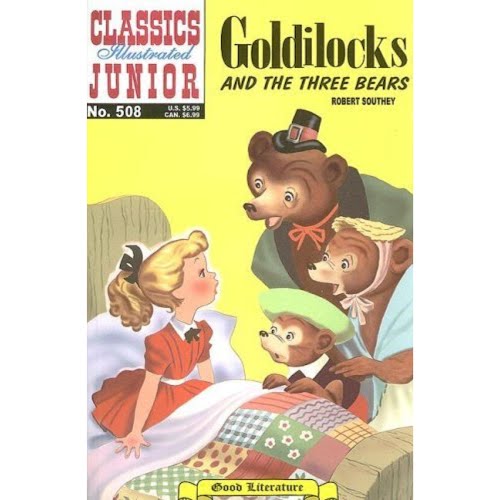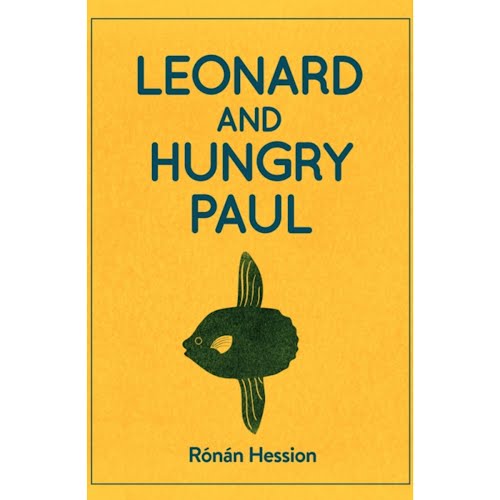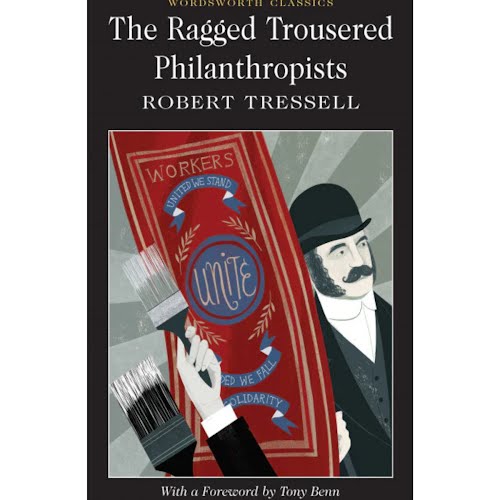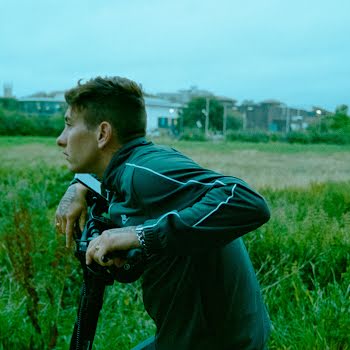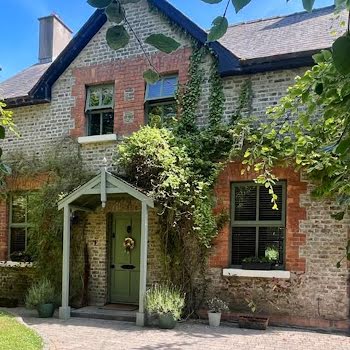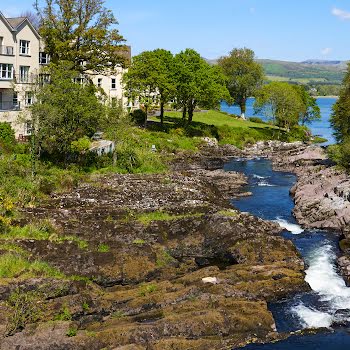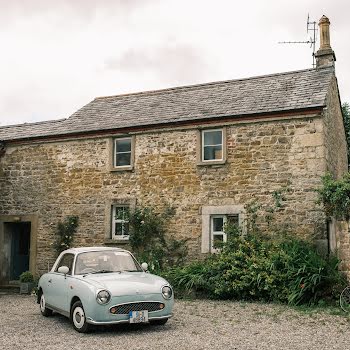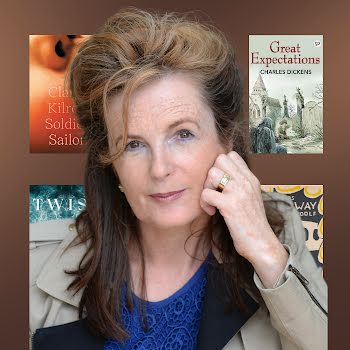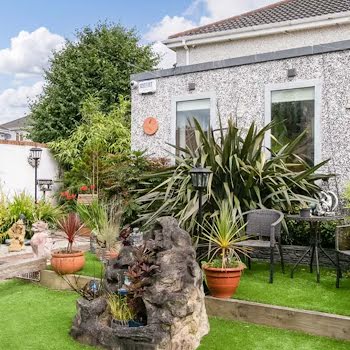Page Turners: ‘The Bookseller’s Gift’ author Felicity Hayes-McCoy
We sat down with actress-turned-author Felicity Hayes-McCoy to discuss her favourite titles, writing process, and the immersive experience that lead to her new title, The Bookseller’s Gift.
Felicity Hayes-McCoy is a writer whose work ranges from television, radio drama and documentary to screenplays, memoirs and children’s books. Author of The Keepsake Quilters and the bestselling Finfarran series, her books have been translated into seven languages.
Set in a small coastal town in the west of Ireland, The Bookseller’s Gift revolves around two central characters: Catherine and her mother Ann, who have been living their dream since opening the doors of their bookshop. But when some seemingly straightforward building work leads to disaster, the future of Lissbeg Books is put in jeopardy.
Desperate to hide how bad things are from her customers, Catherine struggles to cope. And as Christmas draws nearer, she realises that dedication to following her dream has meant other parts of her life have been neglected. What will she have left if she loses the bookshop? Is it too late for her to become a real part of Finfarran’s tight-knit community, and possibly find love along the way?
As Catherine summons the courage to ask for help from those around her, she begins to hope that maybe more than one of her dreams will come true before Christmas arrives…

Did you always want to be a writer? Tell us about your journey to becoming a published author.
I have a vivid memory of sitting on the garden wall of the Dublin semi where I grew up, announcing to my mother that I was going to be a writer. I was probably about six years old. My mother, a passionate reader who’d wanted to be a playwright, was delighted. Later I changed course and became an actress, which she wasn’t so keen on. But she bided her time, and was hugely supportive when I started writing for radio and television. For years, I wrote across many media, including theatre and digital content provision. I also worked a lot as a voice artist, which I still enjoy. But a point came when the writing took over from acting and, in my fifties, novels took over from scripts.
What inspired you to start writing?
Reading. I can’t remember a time when I wasn’t immersed in books.
Tell us about your new book, The Bookseller’s Gift. Where did the idea come from?
From the start, my novels have been informed by social media. Back in the days before Musk, I found brilliant connections to readers and other Irish authors. Booksellers all over Ireland were networking online as well, allowing me to connect and make friends long before I met them in real life. Then, a couple of years ago, a marathon book-signing tour took me on a two-thousand-mile road trip. I visited over eighty Irish bookshops, met amazing, dynamic booksellers, all with stories of triumphs and disasters, and came home with the germ of The Bookseller’s Gift. I could tell it was going to work when, within days of each other, my agent and editor leapt at the one-page pitch, and I’m certain that was because it arose from an immersive experience.

What do you hope this book instils in the reader?
I’m not sure I ever want to instil anything in a reader! The book celebrates the value of community, though, and the importance of taking leaps of faith. Its central characters are Catherine and her mother Ann, who sell their homes and pool their resources to open a bookshop in a small town on the west coast of Ireland. Catherine’s previous career was in a job that bored her. Now she’s living the reality of a dream. I think of my novels as working like Shakespearian pastoral comedies. They’re a sort of balancing act between observational humour and psychological realism: The Bookseller’s Gift works both as a rom-com and as a call for ecological survival.
What did you learn when writing this book?
That my theatrical roots strike deep. The book is set in Christmas week, and there’s an awful lot of slapstick pantomime in its narrative.
Tell us about your writing process?
To begin with, it’s quite mathematical, which is odd because I’m fairly innumerate. The idea is to create a framework firm enough to give me the courage to take necessary risks, and flexible enough to work with whatever those risks might reveal. Once the idea’s there, the process of writing begins from structure. A3 sheets are made out as charts depicting chapter breakdown and, sometimes, grouping chapters into sections. I establish rhythm and counter-rhythm in individual storylines, and plot how they work against each other across the book’s narrative. I colour-code, because I find it easiest to conceptualise visually, and often, at different stages in the book’s progress, I stop and produce a new chart.
The writing itself is freefall. I aim at a thousand words a day, and begin each morning by editing the previous thousand. At each session I’ll know my starting-point and, notionally, where I need to get to. Very often, the characters or the landscapes take over and lead me to a completely different place.
Where do you draw inspiration from?
Human nature, and the built and natural landscapes we live in.
What are your top three favourite books of all time, and why?
I don’t have a top three, but there’s Flann O’Brien’s At Swim-Two-Birds, in which all the characters are borrowed from myths, legends and existing fiction, on the grounds that far too many fictional characters have already been created. I loved his An Béal Bocht when I first read it at college, and perhaps even more now that I live partly at the end of the Dingle peninsula, looking out at the islands that produced the Blasket canon it satirises. And I always seem to come back to Shakespeare’s sonnets.
Who are some of your favourite authors, Irish or otherwise?
I admire Claire Tomalin’s biographies: The Unequalled Self, her life of Pepys, is a masterpiece. I regularly re-read James Stephens’ work, especially The Crock of Gold.
What are some upcoming book releases we should have on our radar?
Janice Hallett says women’s inherent vulnerabilities are ever-present in our lives and, therefore, we’re more inclined to explore fear in the safe space of fiction. Her brilliant epistolary crime novels for adults have been genre-breaking, so her upcoming epistolary murder mystery for children A Box Full of Murders is one to watch out for in June 2025.
What book made you want to become a writer?
Probably Goldilocks and the Three Bears, the first prize I won at school.
What’s one book you would add to the school curriculum?
I don’t have kids, so I don’t know the current curriculum. Everyone should read The Ragged-Trousered Philanthropists at some point, though, preferably in their teens.
What’s the best book you’ve read so far this year?
I was late to the party because I was writing my own novel, but I was completely blown away when I read Rónán Hession’s Leonard and Hungry Paul.
What’s some advice you’ve got for other aspiring writers?
Read books. Read every newspaper you can get your hands on. Read poetry. Read translations.
Lastly, what do the acts of reading and writing mean to you?
I read to be delighted, educated and transported. I write to find out what I want to say.











